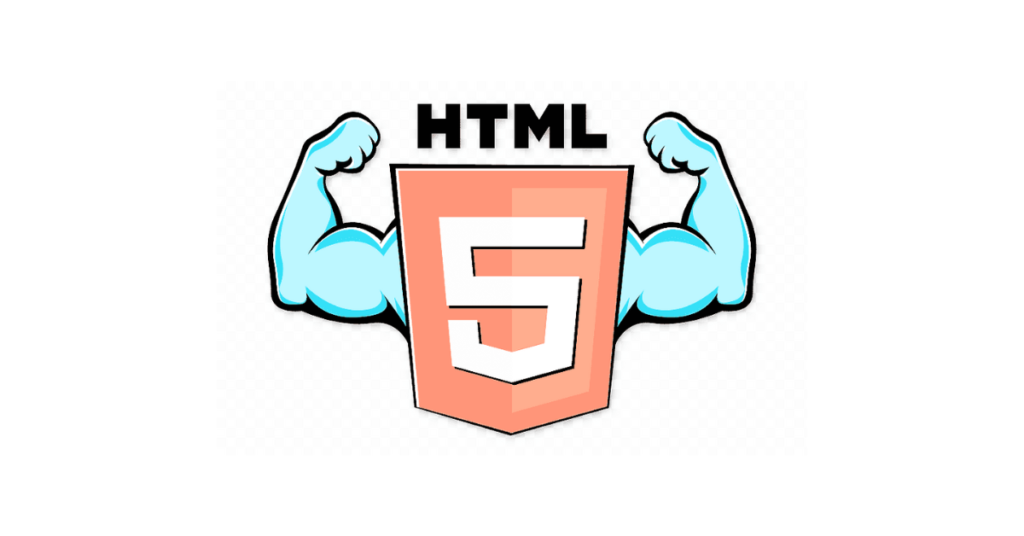Why HTML Developers Are Essential for Your Website’s Success
Introduction
The internet has taken over the world in the past few decades. Whether it is social media, online marketing, online shopping, or any other type of website/application, everything has become available on the internet. According to statistics, there are nearly 2 billion websites online worldwide. Nevertheless, the majority of the internet users do not realize that these websites and applications are the products of the hard work of many web developers.
Web developers are responsible for creating, maintaining, and updating web applications, websites, and software programs. However, a specific type of web developer that is crucial for making a website successful is an HTML developer. An HTML developer is responsible for creating the foundation of a website’s structure. Without HTML, the website would be a vague collection of visuals with no underlying structure.
In this article, we will explore the importance of HTML developers in making a website successful, their role in designing a website, and the advantages of hiring an HTML developer for your website.
What is HTML?
HTML stands for Hypertext Markup Language. It is a language used to create and design web pages. It was created in the 1990s by Tim Berners Lee. The HTML provides an underlying structure for web pages by using tags that define different page elements.
HTML is a markup language, meaning that it uses markup tags to describe the semantics of the content of web pages. HTML tags are used to mark up text and media, such as videos and images, on a web page. They also provide metadata, including the title, author, and date of the page.
HTML comprises a set of standard elements and attributes, allowing web developers to create different page elements and apply different styles to them. HTML has evolved over the years into several versions, with the latest being HTML5. HTML5 offers additional features, such as new elements, additional input types, and support for multimedia content and mobile devices.
An HTML developers are responsible for writing HTML code to structure web pages, including text, images, and videos. HTML code is used to structure content in a way that is easily understood by web browsers. HTML developers need to have knowledge of basic programming and computer science concepts to be able to write effective HTML code.
What is the Role of HTML Developers in Web Design?
The role of HTML developers in web design is critical. HTML developers create the underlying structure of a website by writing code that provides the foundation for other web development technologies, including CSS and JavaScript. HTML developers use tags and attributes to structure web pages into different sections, including headings, paragraphs, lists, and tables.
The HTML created by HTML developers provides the essential structure for other developers to add more functionality and design elements. CSS developers use HTML to apply a visual design to web pages, using rules to declare how elements should look or behave. JavaScript developers use HTML to add interactivity to web pages, creating dynamic content and applications.
Importantly, you can connect with hire html5 developers in india in order to know more
The following are some of the key responsibilities of HTML developers in web design:
1. Creating Semantic HTML
Semantic HTML is a practice of using HTML tags to describe the meaning of the content instead of the visual appearance. Semantic HTML makes a web page more accessible to users, improves page ranking by search engines, and provides context to assistive technologies used by persons with disabilities.
HTML developers create semantic HTML by using tags that reflect the meaning of the content. For example, HTML headings provide semantic context for the content that follows. HTML paragraphs provide semantic context for the text contained within them.
2. Implementing SEO Guidelines
SEO (Search Engine Optimization) guidelines are used to optimize web pages for search engines. SEO guidelines include using descriptive and relevant content, publishing fresh and new content frequently, and using metadata, including the title, description, and keywords.
HTML developers implement SEO guidelines by creating descriptive title tags, implementing structured data markup, and optimizing images for search engines.
3. Ensuring Cross-Browser Compatibility
Cross-browser compatibility is the ability of web pages to render correctly on different web browsers. a HTML developers ensure cross-browser compatibility by creating clean and compliant HTML code that works well on all major web browsers, both old and new. HTML developers avoid browser-specific features and CSS hacks that may cause issues on other web browsers.
4. Creating Responsive Web Design
Responsive web design is a web design technique that allows web pages to adapt to different screen sizes and devices, providing a seamless user experience. HTML developers create responsive web design by using media queries to adjust the size, layout, and behavior of web pages based on the device’s screen size.
5. Combining HTML with Other Technologies
The HTML works with other web development technologies, including CSS and JavaScript. HTML developers need to collaborate with CSS developers and JavaScript developers to create dynamic and visually appealing web pages. HTML developers provide the underlying structure for these technologies to work.


